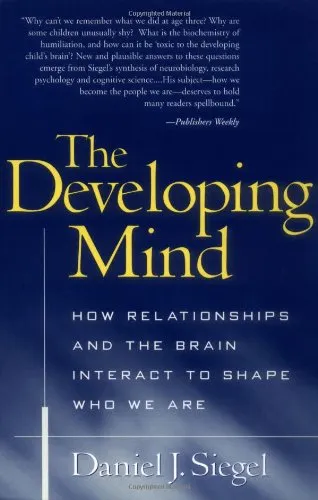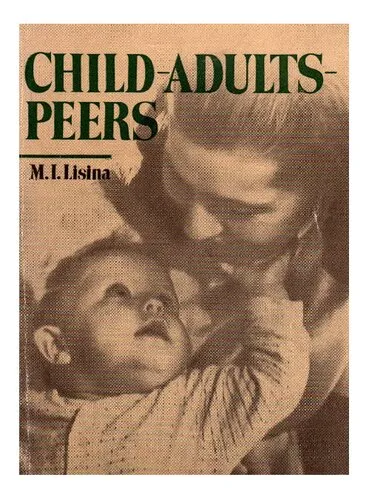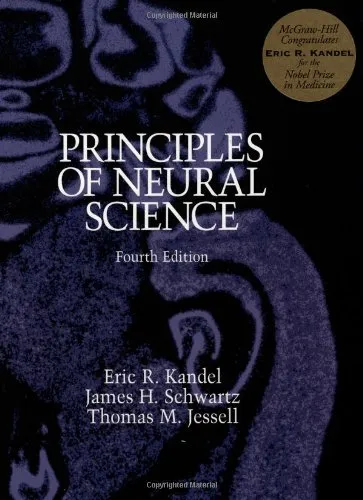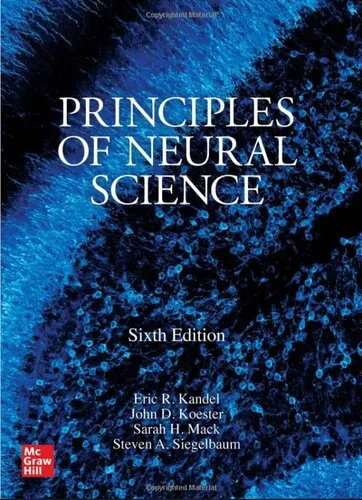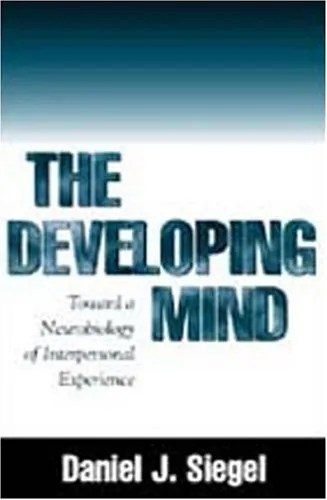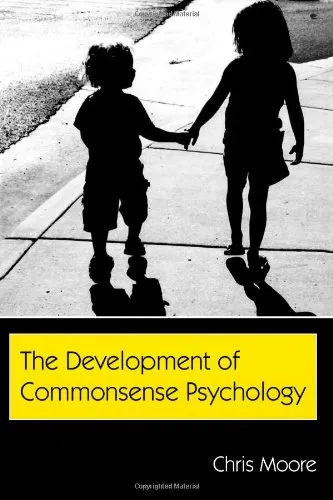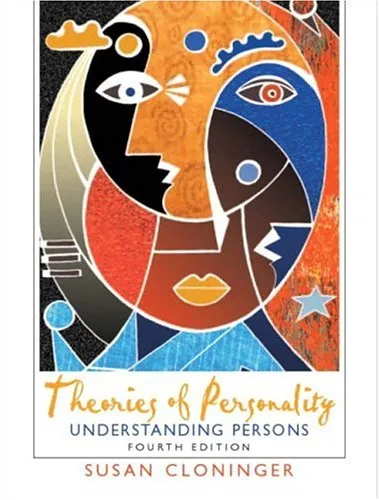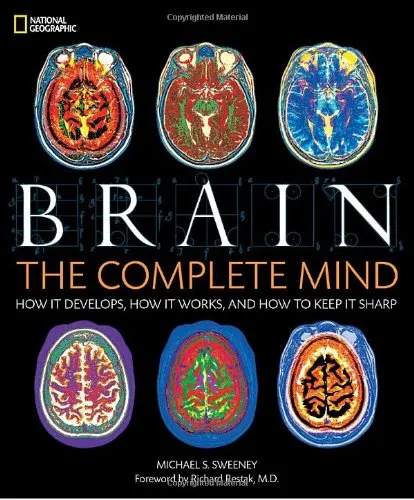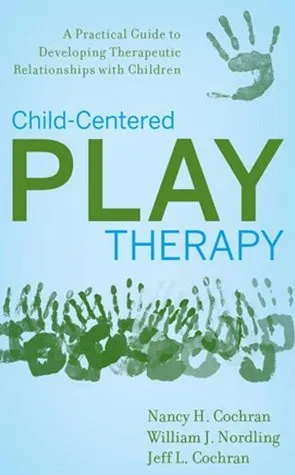The Developing Mind: How Relationships and the Brain Interact to Shape Who We Are
4.8
Reviews from our users

You Can Ask your questions from this book's AI after Login
Each download or ask from book AI costs 2 points. To earn more free points, please visit the Points Guide Page and complete some valuable actions.Related Refrences:
Welcome to a comprehensive exploration of 'The Developing Mind: How Relationships and the Brain Interact to Shape Who We Are', a seminal work by Daniel J. Siegel. This influential book bridges the gap between neuroscience and attachment theory, providing profound insights into how our relationships influence brain development and ultimately shape who we become. In this introduction, we will delve into the book's detailed summary, key takeaways, memorable quotes, and the significance of Siegel's work in the field of psychology and beyond.
Detailed Summary of the Book
The essence of 'The Developing Mind' lies in its exploration of the intricate interplay between human relationships and brain architecture. Siegel argues that the mind is more than a combination of synapses and neurons; it is deeply intertwined with and shaped by our interpersonal relationships. The book unfolds the concept of the brain as a relational organ, where the lived experiences and emotional connections with others play a pivotal role in the wiring and rewiring of the neural landscape.
Siegel synthesizes cutting-edge research from fields such as neuroscience, psychiatry, and developmental psychology to illustrate how social experiences affect brain structure and function from birth through adulthood. A fundamental premise of the book is the concept of 'interpersonal neurobiology', which refers to the perspective that the brain's architecture is sculpted by interactions with caregivers, peers, and the broader social environment.
The book further offers insight into how early attachment experiences set the groundwork for emotional regulation, empathy, and the ability to form and sustain meaningful relationships. Siegel elaborates on how secure attachments foster a well-integrated brain, characterized by the flexible and adaptive flow of information and energy. Throughout the book, Siegel interweaves his clinical insights with personal anecdotes and patient stories, making the complex subject matter accessible and engaging.
Key Takeaways
- The Interconnected Brain: The brain is fundamentally social, evolving to thrive within a network of relationships that reshape its structure and function.
- Attachment and Integration: Secure attachments are crucial for brain development, promoting integration and leading to greater resilience, empathy, and emotional regulation.
- Mindfulness and the Brain: Mindfulness and reflective processes can enhance brain integration and neuroplasticity, leading to improved mental well-being.
- Interpersonal Neurobiology: Understanding the relational nature of the brain can inform therapeutic practices, offering new pathways for healing and personal growth.
Famous Quotes from the Book
"The mind is more than a relational and embodied process that regulates the flow of energy and information."
"Experience alters the brain's structure, by not only creating new synaptic connections but also by pruning those that are seldom used."
"Coherent narrative is both a process and an outcome of the way the brain and mind create order out of the chaos of our experiences."
Why This Book Matters
'The Developing Mind' holds a crucial place in understanding the dynamic connections between early interpersonal experiences and the biological mechanisms of brain development. It offers a paradigm shift in viewing mental health, not merely as an intrapersonal process but as a deeply relational phenomenon. Siegel's work emphasizes the therapeutic power of relationships, opening pathways to revolutionary practices in education, parenting, and psychotherapy.
The book is a vital resource for psychologists, therapists, educators, and anyone interested in the fascinating intersections of brain science and human relationships. It serves as a powerful reminder of the importance of nurturing environments and attuned relationships, as these are key components in fostering healthy minds and communities.
Free Direct Download
You Can Download this book after Login
Accessing books through legal platforms and public libraries not only supports the rights of authors and publishers but also contributes to the sustainability of reading culture. Before downloading, please take a moment to consider these options.
Find this book on other platforms:
WorldCat helps you find books in libraries worldwide.
See ratings, reviews, and discussions on Goodreads.
Find and buy rare or used books on AbeBooks.
1375
بازدید4.8
امتیاز0
نظر98%
رضایتReviews:
4.8
Based on 0 users review
Questions & Answers
Ask questions about this book or help others by answering
No questions yet. Be the first to ask!
